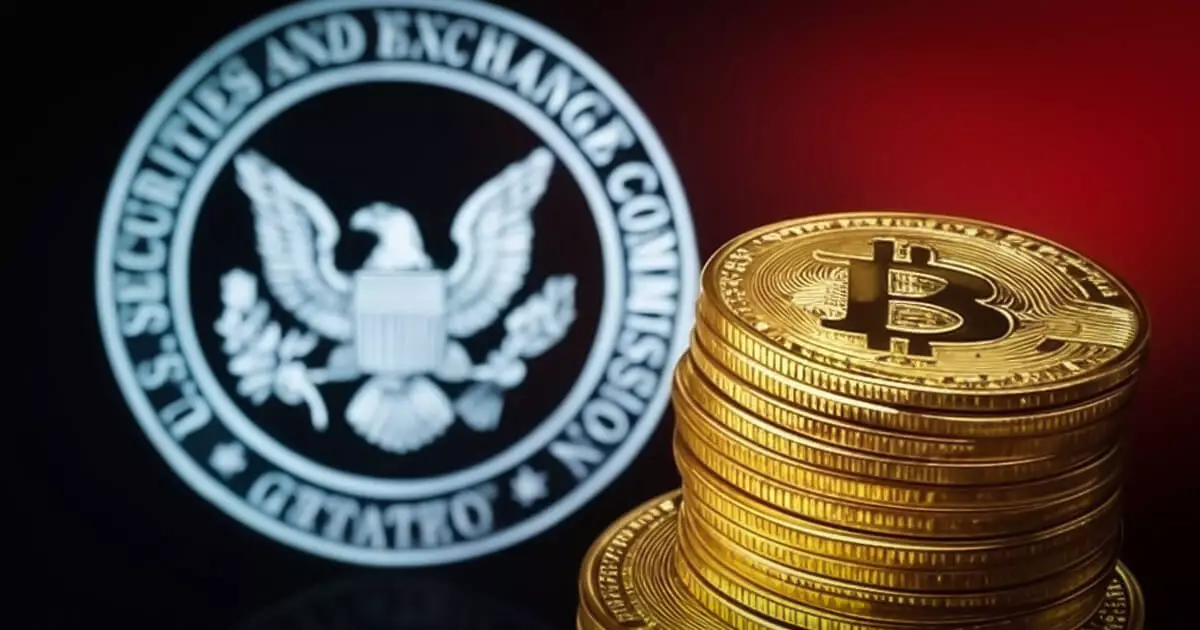As the political landscape shifts in the United States with the transition between administrations, the regulatory framework governing cryptocurrency could be on the verge of substantial change. Reports indicate that the Securities and Exchange Commission (SEC), under the auspices of President-elect Donald Trump, may initiate reforms that could significantly alter the current enforcement environment for crypto firms. This article delves into the implications of these potential changes, focusing on key individuals, strategic shifts, and the broader regulatory landscape for digital assets.
A Change in Leadership and Direction
The selection of Paul Atkins as SEC chair under the new administration signals a possible pivot toward a more lenient regulatory approach toward cryptocurrencies. Atkins, who has a history of advocating for less restrictive policies, is set to implement changes that align with the pro-crypto ideologies of Commissioner Hester Peirce and Commissioner Mark Uyeda, two pivotal figures within the SEC who have openly supported the integration of digital assets into the financial system. Their willingness to reevaluate existing enforcement frameworks could mark a departure from the stringent regulatory posture adopted during the previous administration.
Insiders suggest that discussions are already underway regarding critical issues, including the definition of securities as it pertains to digital currencies. The evaluation of prior enforcement actions—especially those targeting well-known players in the industry like Coinbase and Kraken—might pave the way for a new regulatory clarity, potentially easing the burden on companies grappling with compliance costs and legal uncertainties.
One of the most pressing concerns for crypto firms has been the financial and operational impact of high compliance costs. The incoming administration may rescind accounting guidelines that critics argue have created hurdles for firms wishing to hold cryptocurrencies on behalf of their clients. This would arguably make it easier for institutional players to engage with crypto assets and encourage broader participation in the market.
However, while potential changes may aim to foster innovation and growth within the sector, they also raise critical questions about the implications for regulatory integrity. Critics have voiced concerns over the possibility of politicization of enforcement actions, suggesting that allowing regulatory leniency could set a troubling precedent. The SEC’s long-standing authority may be tested, challenging its credibility and regulatory independence in the eyes of both industry participants and the public.
The Complexity of Crypto Regulation
Legal experts are cautious about the prospective rollback of enforcement actions. Philip Moustakis, a former SEC lawyer, warns that halting ongoing litigations could be unprecedented and fraught with long-term ramifications. The complexities inherent in determining the nature of securities in the context of cryptocurrencies are multifaceted, and any decisions to dismiss cases without thorough legal foundations could breed uncertainty.
Additionally, should the SEC engage in reopening settlement negotiations in active cases as suggested by Robert Cohen, the division would need to tread carefully. Many firms argue that their previous attempts to negotiate terms under the previous administration fell on deaf ears, indicating a climate of poor communication and distrust between the SEC and the crypto industry.
Although the incoming SEC leadership appears poised to bring about change, achieving regulatory consensus is a nuanced endeavor. Revisions to the regulatory framework surrounding cryptocurrencies may take time, and firms may continue to face unpredictability as the agency navigates its evolution. The balancing act of protecting investors while fostering innovation in an economy increasingly dependent on digital transformation presents significant challenges for the new administration.
The possible shift in the SEC’s attitude towards crypto enforcement under Donald Trump’s administration could herald a new chapter for digital assets in the U.S. However, stakeholders must remain vigilant to ensure that the evolving regulatory environment still upholds the principles of transparency, integrity, and investor protection. With the stakes higher than ever, the dialogue surrounding crypto regulation will undoubtedly be a critical area to watch in the years ahead.


Leave a Reply